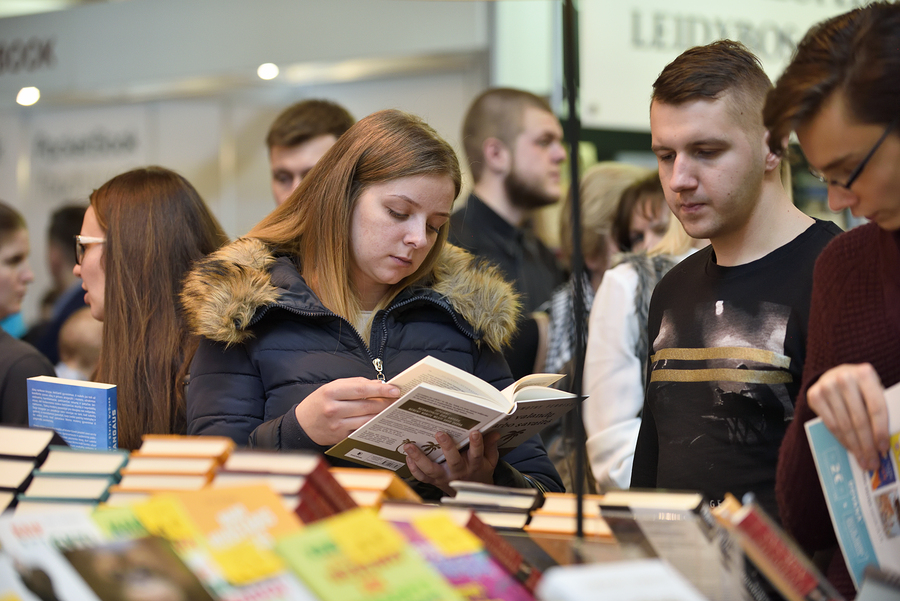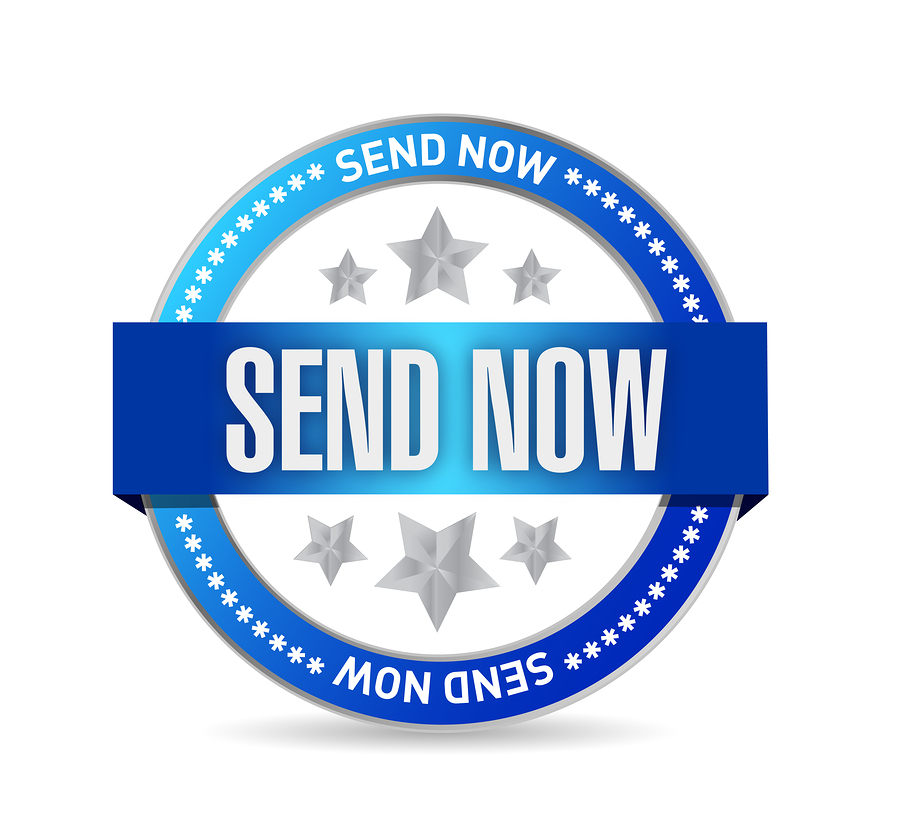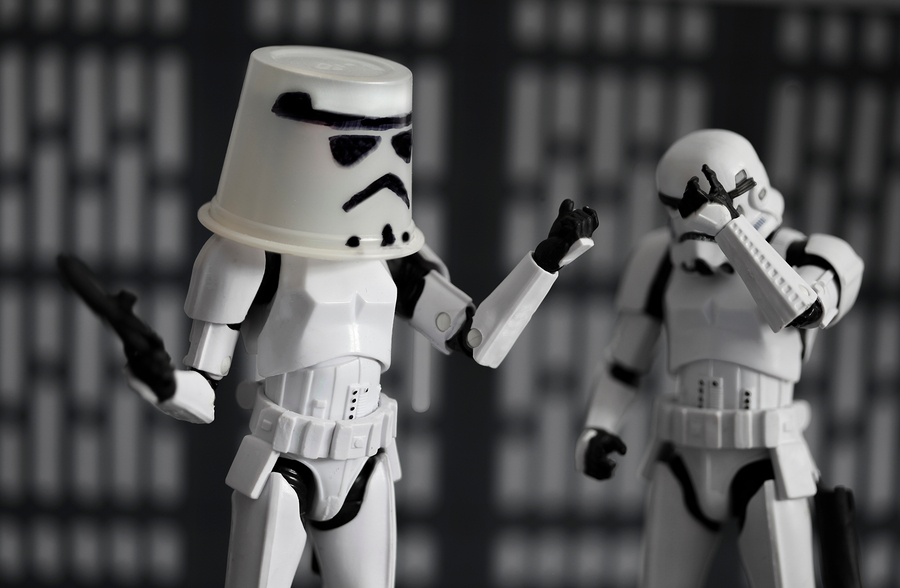A series of interview questions that dig into my reading life.
What’s on your nightstand right now?
I am an extremely eclectic reader and have dozens of books waiting for attention.
In fiction I’m currently reading Run Program by Scott Meyer a science-fiction story of a newly developed artificial intelligence program that “gets out” of the lab and is now running loose on the Internet – with all the computing power of a massive server farm but the mindset of a six-year-old boy. (I should be done reading it tonight.) There are about 50 TBR (to-be-read) novels in a pile. Thrillers, science-fiction, fantasy…they are my mind-candy…a way to relax at the end of a work day.
In non-fiction it is a mix of theology, history, biblical studies and work:
The Pietist Option by Christopher Gehrz and Mark Pattie
The New Copernicans: Millennials and the Survival of the Church by David John Seel
Deep Work by Cal Newport
Herding Tigers: Be the Leader That Creative People Need by Todd Henry
You Don’t Own Me: How Mattel v. MGA Entertainment Exposed Barbie’s Dark Side by Orly Lobel
Authorized: The Use and Misuse of the King James Bible by Mark Ward
The Fall of the Ottomans: The Great War in the Middle East by Eugene Rogan
Leonardo da Vinci by Walter Isaacson
12 Rules for Life: An Antidote to Chaos by Jordan B. Peterson
Getting to Know the Church Fathers: An Evangelical Introduction by Bryan M. Litfin
Confessions by Augustine (new translation by Sarah Ruden)
The Glory of God and the Transfiguration of Christ by Arthur Michael Ramsey
The Message of Galatians by John Stott (will be teaching Galatians soon)
Acts: Witnesses to Him by Bruce Milne (one of a dozen on Acts as I teach through it)
Books for Lent (starting February 14th):
A Way Other than Our Own: Devotions for Lent by Walter Brueggemann
The Seven Last Words from the Cross by Fleming Rutledge
Holy Solitude: Lenten Reflections with Saints, Hermits, Prophets, and Rebels by Heidi Haverkamp
What are your favorite novels of all-time?
Dune by Frank Herbert
Ender’s Game by Orson Scott Card
Footfall by Larry Niven and Jerry Pournelle
The Source by James Michner
Barabbas by Pär Lagerkvist
The Chosen by Chaim Potok
Red Storm Rising by Tom Clancy
The Rookie by Jerry Jenkins
What are your favorite non-fiction books of all-time?
Knowing God by J.I. Packer
Green Letters by Miles Stanford
Lectures to my Students by Charles Spurgeon
Celebration of Discipline by Richard Foster
Mere Christianity by C.S. Lewis
Knowledge of the Holy by A.W. Tozer
Life Together by Dietrich Bonhoeffer
How to be a Christian Without Being Religious by Fritz Ridenour
Loving God by Charles Colson
Making Sense of Suffering by Peter Kreeft
Disappointment with God by Philip Yancey
In Search of Excellence by Tom Peters and Robert Waterman
Iococca: An Autobiography by Lee Iococca
Leadership is an Art by Max DePree
The Young Evangelicals by Richard Quebedeaux
Doctrines of the Christian Religion by William W. Stevens
In Understanding Be Men by T.C. Hammond
Waiting on God by Andrew Murray
What’s one book you wish every writer would read?
The Christian Writers Market Guide 2018 Edition by Steve Laube (I know the author…!!!)
Meanwhile, I have two very large book cases full of books on writing and the publishing industry. Those books have shaped my journey as an editor, teacher, and agent. I had to learn the business by doing and reading.
Novelists should at least read Self-Editing for Fiction Writers by Browne and King.
Non-fiction authors should read both Elements of Style by Strunk and White and On Writing Well by William Zinsser.
Plus anything by Joanna Penn or James Scott Bell.
What are you learning about life or work as you read?
That I have a lot to learn. Period. The vastness of God’s creation makes the pursuit of knowledge and imagination a well that never runs dry.
Your Turn
What books would you add to the list? We all like to hear what other people are reading. How would you answer the questions in this interview?











